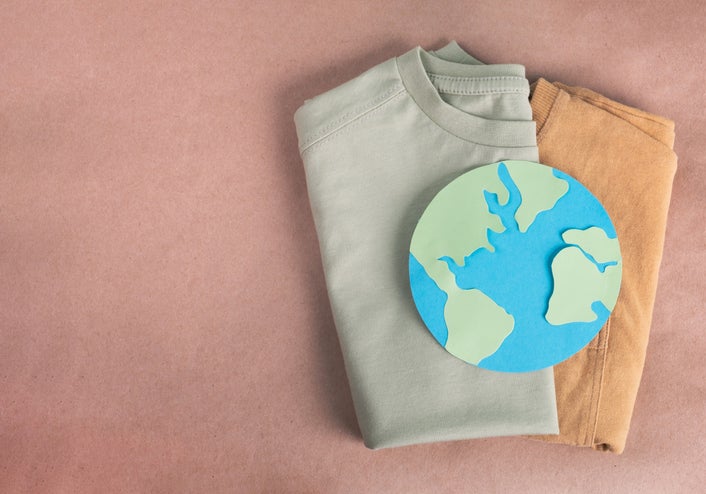
Signatories of the Fashion Industry Charter for Climate Action are making promising strides, according to a new report by UN Climate Change and CDP.
The report looks at three years of reporting from companies in the Fashion Charter as to how they are meeting or failing their climate commitments.
Charter members are expected to publicly report progress against interim and long-term targets annually, via CDP, a not-for-profit charity.
What key climate action improvements have Fashion Charter members made?
- Compliance with basic reporting standards, as 89% of companies in the Fashion Charter have publicly reported on their progress
- Signatories disclosing total consumption sourced from renewable energy has nearly doubled from 2021 to 2022. This marks an 88% increase in transparency since the first reporting year (2020).
- Signatories are increasingly calculating and reporting their Scope 3 emissions (emissions that occur in a company’s value chain but are not directly controlled by the company).
- In 2022, 80% of signatories indicated they engage their supply chains on climate-related issues. This demonstrates a 20% increase in overall supplier engagement.
- The number of signatories who have set a measurable 100% renewable energy target for their operations by 2030 increased from 18% to 42% between 2020 and 2022.
- In 2022, 26% of companies reported engaging with policymakers on climate-related issues and influencing policy, law, or regulation.
However, the report also highlights that some companies are falling short in their efforts to drive down emissions. In addition, 30% of Fashion Charter members are not reporting their energy consumption.
Lindita Xhaferi-Salihu, sector engagement lead with UN Climate Change, states: “It’s critical for the fashion industry to come together and align its actions, both within individual companies and across the entire supply chain, to pave the way for the sweeping changes that are needed to address the climate crisis.”
Sonya Bhonsle, global head of value chains and regional director corporations at CDP, comments: “CDP encourages all signatories to align to a 1.5 future and publicly report plans and progress towards achieving it. They must also address their interconnected water security and deforestation impacts in their mitigation efforts. “
The Fashion Charter was set up with the support of UN Climate Change in 2018 to provide a pathway for the industry to achieve net-zero emissions by 2050. This is in line with global efforts to limit warming to 1.5C.
Other commitments in the Charter include sourcing 100% of electricity from renewable sources by 2030, sourcing of environmentally friendly raw materials, and phasing out coal from the supply chain by 2030.



